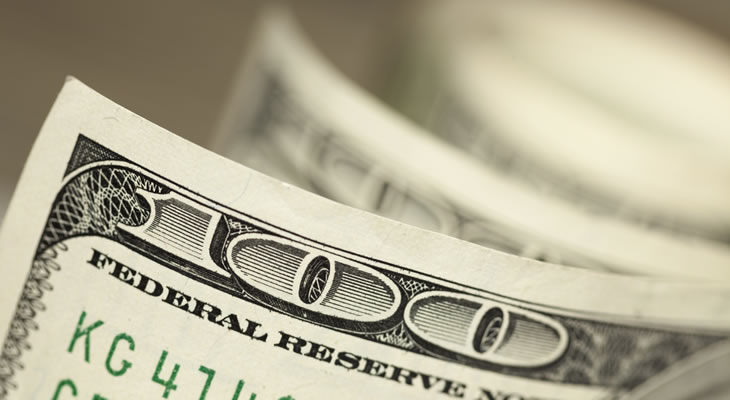Comments from notoriously hawkish Bank of England (BoE) policymaker Ian McCafferty helped to boost the Pound, even though an August interest rate hike still looks unlikely.
While McCafferty’s continued willingness to vote in favour of higher interest rates was not a surprise markets were excited by unexpected remarks regarding the BoE’s quantitative easing program.
As the policymaker suggested that it was worth at least discussing the prospect of balance sheet normalisation in the near future this suggested that the split on the Monetary Policy Committee (MPC) is likely to deepen further.
Investors were thus encouraged to pile back into the Pound, despite the majority of BoE policymakers still looking set to vote for no change in monetary policy in the near term.
However, GBP exchange rates may struggle to maintain any sense of bullishness if June’s UK consumer price index report proves discouraging.
Forecasts point towards a slight moderation in inflationary pressure, which would give the BoE less incentive to consider raising interest rates in the coming months.
Even though a lower level of inflation would be positive for the domestic economy, and ease the severity of the wage squeeze currently facing consumers, this would be unlikely to boost the appeal of Sterling.
On the other hand, if inflation continues to accelerate this could raise the chances of the BoE having to return to tighter monetary policy sooner rather than later.
Weaker US Inflationary Outlook Diminishes Odds of Aggressive Fed Tightening
Confidence in the US Dollar, meanwhile, weakened sharply in the wake of the latest commentary from Federal Reserve Chair Janet Yellen.
Although Yellen maintained a generally hawkish tone she nevertheless spooked markets with an acknowledgement that inflation remains some way short of the Fed’s official target.
As analysts from Brown Brothers Harriman noted:
‘A careful reading of Fed comments led us to conclude that a consensus on reducing the balance sheet was intact, though a consensus for another hike may prove more difficult until there is more evidence for the official suspicion. Hence we look for the FOMC meeting in a fortnight to only modestly tweak the statement.’
This offered the Pound US Dollar exchange rate a strong rallying point, suggesting that the Fed is likely to pursue a less aggressive pace of monetary tightening than previously anticipated.
Demand for the ‘Greenback’ could soften further ahead of the weekend if the latest US consumer price index data indicates any weakening in inflationary pressure.
While the CPI is not the Fed’s preferred measure of inflation a poor showing here could cast further doubt on the likelihood of another interest rate coming before the end of the year.


Comments are closed.